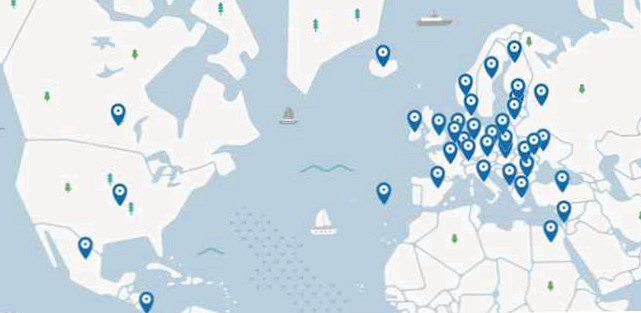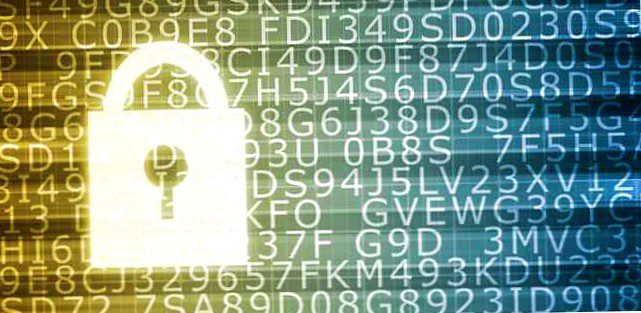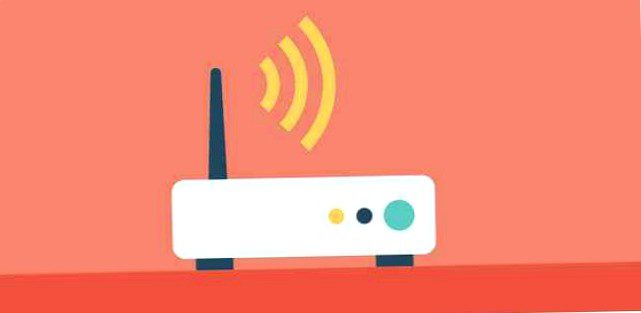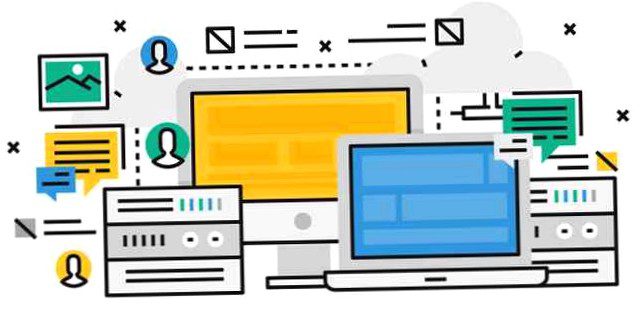
There are two main uses for VPNs: you can use them to connect remotely to a private intranet, or you can connect to an existing network to filter your Internet activity so that it is (theoretically) untraceable to you Why Not Believe Them? 5 Common VPN myths and why you shouldn't believe them planning a VPN? Not sure where to start or confused about what they do? Let's take a look at the top five myths about VPNs and why they simply aren't true. Read more .
This post focuses mainly on the latter use. If you're interested in VPNs for activity filtering 11 reasons why you should use a VPN Virtual private networks are affordable and easy to use. Here are some reasons why you should use a VPN if you haven't already. Read more, then you should stick to these logless VPNs that really care about privacy protection. 6 Logless VPNs That Take Your Privacy Seriously 6 Logless VPNs That Take Your Privacy Seriously In an age where every online move is tracked and logged, a VPN seems a logical choice . We looked at six VPNs that take your anonymity seriously. Continue reading .
In any case, VPNs can be finicky. Networks are a complicated beast, which means you're more likely to run into problems than not – and one of the most common problems is slow internet speed. If your VPN seems slow, here are some tips to help you out.
1. Choose the right server location
This is possibly the most important thing to note, and it's related to how VPNs actually work.
Let's say you want to use a VPN to bypass certain routing-related issues that bring down your latency in online video games. 5 Uses for a VPN 5 Renewal Uses for a VPN More information. Connecting to a VPN can change how your data is routed across the internet, avoiding problems like intermittent network outages.

Let's say you're in New York playing a game whose server is also located in New York. Typically, your data will arrive at the server on the fastest path and then return to you on the fastest path, resulting in latency of perhaps 20 milliseconds.
Suppose you are connected to a VPN in France. Your data needs to be filtered through this VPN. That means they have to get to France first, then to the server in New York, then back to France, and then back to your device again. That extra distance could mean your latency is now 250 milliseconds.
For speed, always choose the VPN location closest to the final destination if you can. Note that for things that don't depend on latency (e.g. browsing the web), it doesn't matter..
2. Reduce the level of encryption
VPNs can use different security protocols to encrypt the data they let through. Not all VPN services support all protocols, but many of the standard protocols are widely supported.
The thing about encryption is that it can be computationally expensive. Every single bit of data that leaves your device must be encrypted, and every single bit of data that comes back must be decrypted. The stronger the encryption, the more processing power you need.

If your device's CPU isn't fast enough, it can cause a bottleneck when processing data. Even if your Internet can handle 100 Mbps, this does not matter if your encryption is so strong that it only processes data at a speed of 10 Mbps.
Theoretically, the speed hierarchy is from fastest to slowest PPTP> L2TP / IPSec> OpenVPN> SSTP> IKEv2 / IPSec. Take a step back if your device doesn't have enough processing power.
Note that this is only advisable if you do not need maximum security for all activities you perform over VPN. If you're using VPN to access content blocked in the region, you didn't use VPN, but you should have: The VPN Checklist 8 You haven't used a VPN, but should have been: The VPN Checklist You haven't considered subscribing to a VPN to protect your privacy. Now is the time. Read more, for example, and you'll be fine.
3. Don't set up a VPN on your router
As a VPN user, you have two options: You can either set up a VPN on your router or a VPN on each individual device you use (e.g. Computer, smartphone, tablet, etc.)..
Always go with the latter option.

One reason routers are so cheap. Should I buy a WLAN router, a modem, or both?? Should I buy a cable internet WLAN router, a modem or both?? Do you need a WLAN router, a cable modem or both? Most people don't think much about it because they can just ask friends and family for help when problems arise. Read More is that they don't need next-gen CPUs to be effective. Unfortunately, this means that even last year's smartphone is faster than today's router. This will cause a bottleneck in data speeds for the above reasons of encryption.
But even if we assume a router with processing power equivalent to a modern smartphone, you still need to consider the fact that this one router encrypts / decrypts data for multiple devices. That's a lot of data to process!
4. Test both TCP and UDP
In general, UDP is much faster than TCP. What is the difference? Well, TCP needs to establish a connection between two endpoints (ex. B. You and a website) and then constantly checking to make sure all data has been successfully received at the destination. UDP only shoots data to the Internet and doesn't care about verifying that the data is getting to where it needs to be.

This extra bit of TCP overhead is slower because when you send data, multiple acknowledgements must occur between you and the destination. Therefore, using VPN over UDP can be much faster. Check your VPN settings to see if manual switching is supported. The process may differ from service to service.
Also note that your ISP may detect and throttle TCP traffic over VPN. This is more common than you might think, as many people use VPN for streaming media and torrenting. Both usually use TCP. Switching to UDP can improve speed, but may result in a more unstable connection. Experiment and see for yourself.
Update your ISP or VPN plans
At the end of the day, a VPN will never be able to increase your internet speed beyond that of your ISP. If your VPN speed is slow because your basic internet speed is low, you have no choice but to upgrade your internet plan to a faster level.
Switching from wifi to cable can result in faster speeds in some cases.
Keep in mind that certain VPN providers may throttle your speed, especially if you're using a free VPN service. 5 Big free VPN services compared: which one is fastest? 5 great free VPN services compared: what's fastest? If you've never used a VPN before, you may want to reconsider. A VPN routes your internet connection through an encrypted third-party server and secures your data. But which VPN service is faster? Read more . You should also be on the lookout for new VPN technologies.